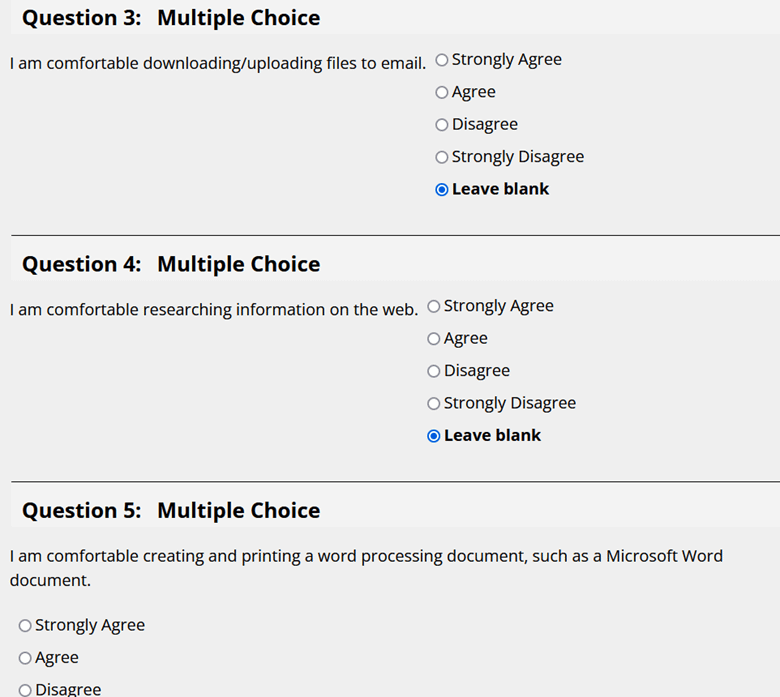Make your CHW’s online experience successful by identifying their strengths and weaknesses before they begin.
After months of planning, designing, and working, you’re ready to offer your first online course. It’s been a detailed process that involved buy-in from administrators and department heads, and training for your staff. You’ve got the technology set up and everything has been tested, re-tested, and is as close to perfect as it’s going to be. Your team is without a doubt ready to make the leap to computer-based training.
But are your community health workers ready, too?
Organizations everywhere suffer from too much introspection. They are so internally focused that they forget to consider the people they’re serving. They neglect any kind of evaluation of how their CHWs will deal with whatever it is they’re learning.
Online training is no different. Many of the same reasons that might have made it a challenge to get your own organization to adapt an online program to train health workers hold true with your learners. They might fear technology. Or perhaps they’re in the field and not have the right equipment. Some people may lack even the most rudimentary skills for working online, which was the case for one course we ran for a group of community liaisons. And others might have a learning style that doesn’t mesh with what your course offers.
These are all hurdles that can be crossed, but you need to be aware of them before moving forward. A little preparation for both your staff and for the CHW trainees will make your course more successful. An online learning readiness assessment will allow both learner and instructor to identify strengths and weaknesses.
CHW Training Bundle
Kickstart your health program with these resources.
What is an Online Learning Readiness Assessment?
An online learning readiness assessment is a self-evaluation that reveals where learners might need extra help. Ask a few questions about how learners feel about taking a course, and both you and your staff will be in a better position to succeed when they take a remote course.
Read on for specifics to keep in mind as you design and offer a readiness assessment.
Include these categories in your learning readiness assessment
We use a learning readiness quiz with all the courses we build that asks participants to rate themselves in such areas as:
- Self-direction skills
- Technology skills
- Hardware and software requirements
- Communication skills
Think about what kinds of skills your CHWs will need to have to successfully complete the course, and put assessment questions related to these it into a “readiness quiz” to be completed before class begins. The results will tell students what to expect and help you understand in what areas you’ll need to offer extra assistance.
Let’s take a closer look at some sample questions in each of these areas. It’s helpful to structure these as Likert questions. A Likert scale measures a participant’s agreement with a question or statement. They are useful for measuring attitudes and behaviors because they ask the respondent to select how much they agree or disagree.
Self-direction skills
This example from PSU has helpful self-motivation questions.

Technology skills
Here are some questions we ask to assess technology skills.

Hardware and software requirements
This assessment is a great place to find out if people have the correct computer setup for online learning, as with this example from Nassau Community College.

Communication skills
Communicating online is important, so you should find out how adept learners are at it. Hazelden Graduate School of Addiction Studies has a good example.

Those questions above are a good place to start. You might want to expand your questionnaire to include questions covering questions specific to your program or the clients your learners will be working with.
Roles and Boundaries of CHWs
This 45-minute on-demand training includes topics like the differences between CHWs and other health staff, common roles, and boundaries for supervisors and managers who want to add CHWs to their team.

